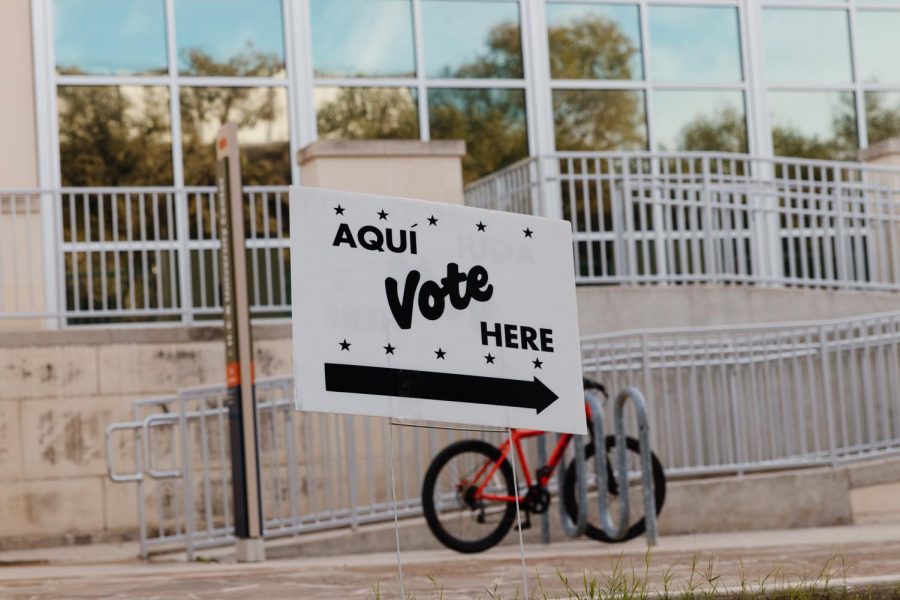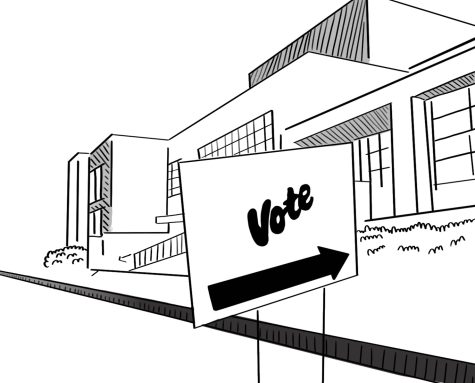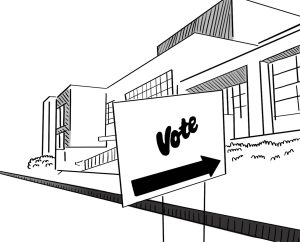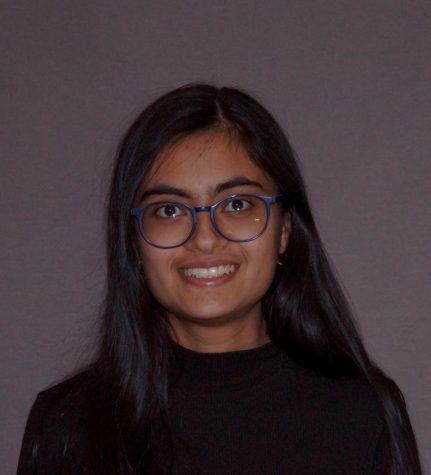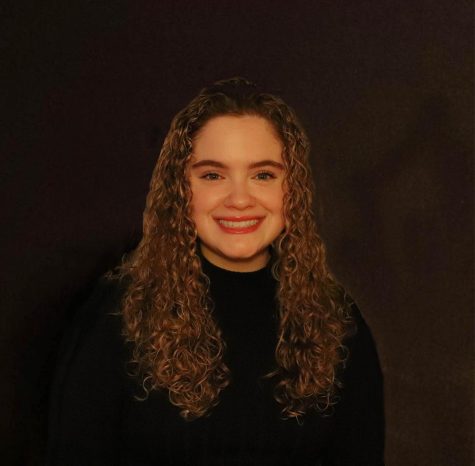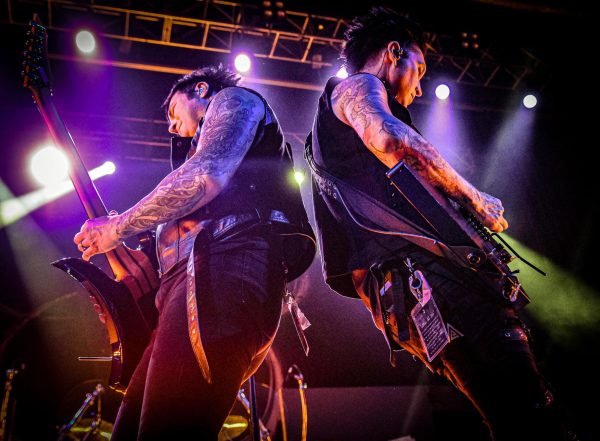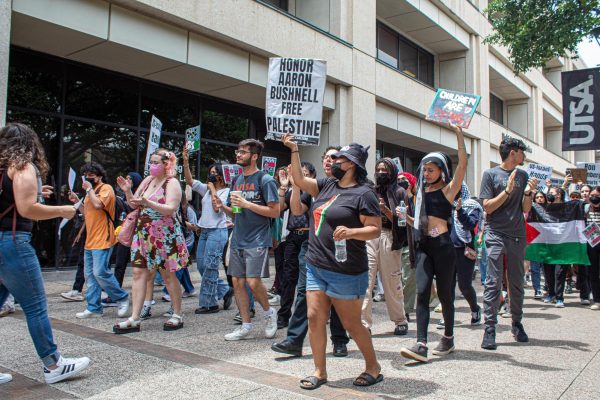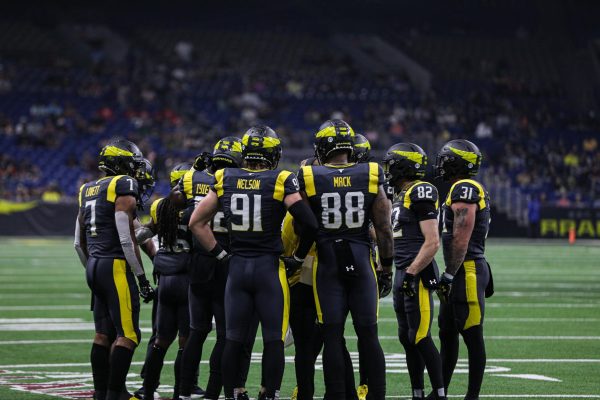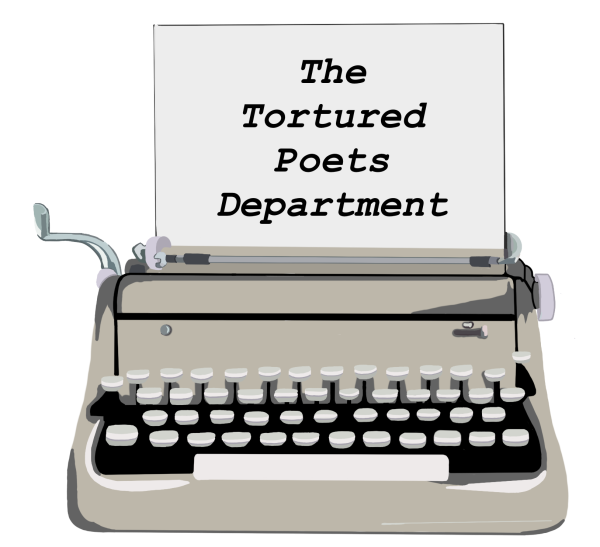‘It signals to me that they don’t want us to vote’
A new bill introduced in the Texas Legislature proposes banning college campuses as polling sites for elections.
February 28, 2023
Earlier this month, State Representative Carrie Isaac, a Republican representing Texas’ 73rd district, introduced House Bill 2390 (HB 2390) in the Texas House of Representatives. The bill proposes banning college campuses from serving as polling sites for elections.
As a polling site and location for early voting, UTSA is one of the universities targeted under this new bill.
“It seemed like it was targeting college students directly and trying to suppress their power at the ballot box,” Bella Nieto, a senior political science major at UTSA, said.
Nieto is a part of Texas Rising, a nonpartisan grassroots organization “empowering young people through issue advocacy and voter registration.” At UTSA, the organization tables during election season to get students registered to vote, provides students with information about the elections and reminds them to vote.
“People are turning 18 every day, so it’s important that organizations like Texas Rising, like Move Texas, like Jolt, that they’re reaching these people,” Nieto said. “I think that young people have a lot of power when it comes to elections.”
Having a polling site on campus is a convenient way for college students to vote despite their hectic schedules. Furthermore, Nieto discussed the convenience of early voting at UTSA as a student.
“It’s really easy, especially during early voting, because there’s not much of a line,” Nieto said. “So you can just take 15 minutes to go vote and then go to class. It’s especially good if you live on campus or if you don’t have a car because you can just go and do it. And during early voting, it takes like maybe 15 minutes and you’ll be good to go.”
Texas Rising is also advocating for another piece of legislation, House Bill 644 (HB 644), whose goal is the opposite of HB 2390. HB 644 would require the commissioner’s court of a county to designate a polling location on “the main campus of a general academic teaching institution as defined by Section 51.821, Education Code” with an enrollment of at least 8,000 students.
Jon Taylor, chair of UTSA’s Department of Political Science and Geography, explained that while HB 2390 does not explicitly single out college students, it is a way to target young voters.
“[Isaac], among others in her party, blamed students and student turnout for Democratic gains,” Taylor said. “It’s not like Democrats had many gains in 2020; they didn’t. What’s interesting is that it’s an attempt to suppress potential student voting.”
Overall, young voters tend to favor the Democratic Party. Tufts reports that, according to the Edison Research National Election Pool exit poll, youth voters in the 2022 midterms preferred the Democratic Party to the Republican Party 63% to 35% for House of Representatives seats. Furthermore, the cohort of voters aged 18 to 29 was the only category that strongly favored the Democratic Party over the Republican Party.
“Voter turnout between the ages of 18 to 29 isn’t great to begin with, and by creating yet another impediment, creating another inconvenience, you’re discouraging potentially that cohort of voters from turning out in the next election,” Taylor added.
Given that young voters tend to favor Democratic candidates, Taylor pointed out that HB 2390 does nothing to cement Republican support among young voters; in fact, it does the exact opposite.
“The optics are terrible because [the] Republican Party [is] supposedly trying to attract younger voters,” Taylor said. “You’re sending the exact wrong message by saying, ‘We don’t trust any of you, kids; therefore, we’re going to take the voting stations away [at] universities and colleges.’”
HB 2390 isn’t the first time that the state of Texas has been at the center of controversy when it comes to voting. Of note recently was Senate Bill 1, which restricted the use of mail-in-ballots and early voting in the state, among other things. The state was also in hot water after its 2021 redistricting plan was criticized for discriminating against voters of color.
“To me, it’s a problem because there [have] already been attempts at limiting when voters can do early voting, how long early voting takes place, and now you’re going to try to eliminate yet another venue for voting,” Taylor said. “It’s singling out college students or colleges and universities implying that college students are somehow going to vote one particular party — Democratic primarily — and that this is an impediment to continued Republican control.”
Given the number of bills introduced each legislative session, it is not very likely that this bill will make it out of committee, and even less likely that it will end up on Gov. Abbott’s desk; however, it still sends a strong message to students.
“It signals to me that they don’t want us to vote,” Nieto said. “And I think that can be a really energizing idea for young people, and I think it kind of solidifies the political power that we have. If they don’t want us to vote, obviously, there’s a reason why.”
“I think this blatant act of voter suppression can be really motivating to continue educating young people, encouraging them to vote and doing whatever we can to make sure that we’re still harnessing that political energy,” Nieto added.

